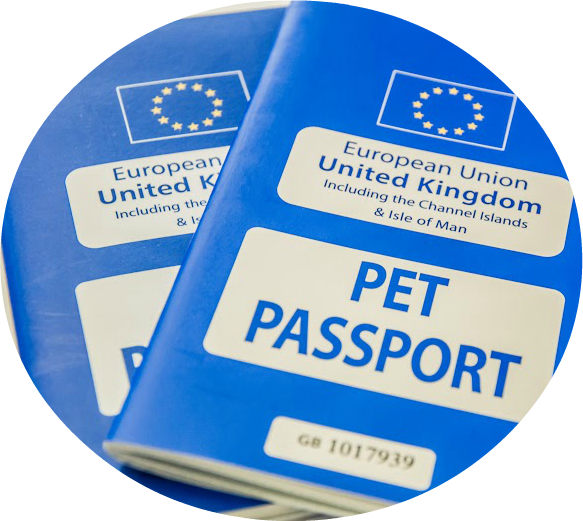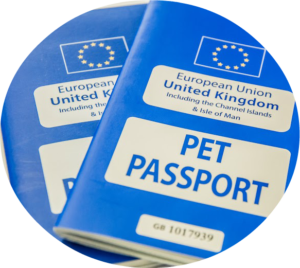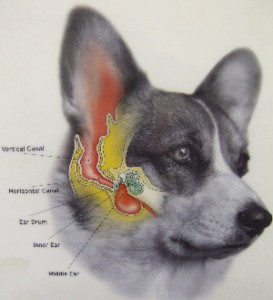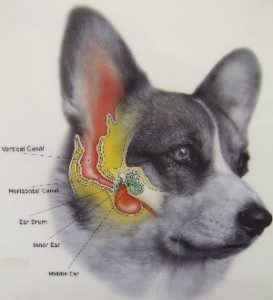Chiswick House Gardens Dog Show in association with Chiswick House Organised Dog Walkers (CHOW) Sunday 23rd September 2012
Young Veterinary Partnership will once again sponsor this very popular annual local event for the whole community held at Chiswick House. Last year more than 1500 visitors enjoyed the many fun classes on offer as well as the wide range of stalls and other entertainments present. The show provides the perfect opportunity for everyone to celebrate the variety of the canine community in a fun and safe environment and all dogs are welcome to take part, as well as visitors without dogs. All proceeds are donated to improve dog-related facilities within the gardens. Come and join in!





